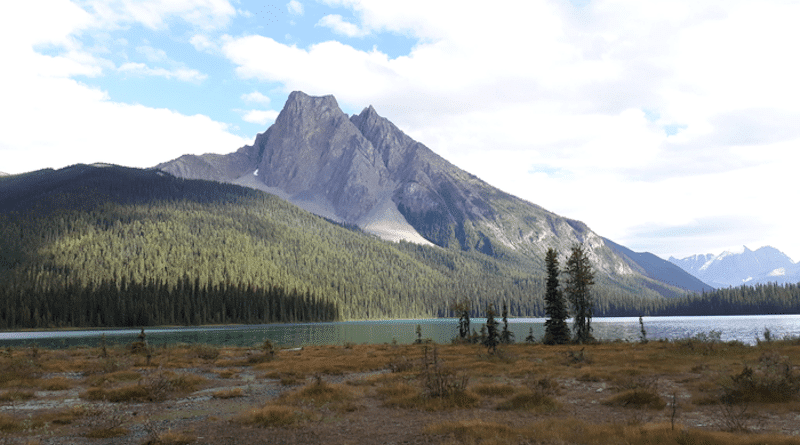An international investigation, coordinated by The Catalan Institute for Water Research (ICRA), has shown an average increase of 0.5 degrees in the average temperature of the surface water of the world’s lakes in the last 40 years and a reduction in the 10-day ice-covered period, as the ice sheet forms later and melt earlier.
Lakes have warmed 0.5 degrees
The study, led by the CLIMATE research group of the Vrije Universiteit Brussel (VUB), concludes that these global changes in temperature and ice cover are not due to natural climate variability and can only be explained by emissions. of greenhouse gases since the Industrial Revolution.
ALSO READ: India on climate change: $100 billion is a drop in the ocean
“These physical properties are fundamental for lake ecosystems,” says Luke Grant, Researcher at VUB and lead author of the study. “Many species are already noticing these changes, and as impacts continue to increase in the future, we run the risk of severely damaging ecosystems, including water quality and populations of indigenous fish species.”
The research results, which have been published in Nature Geoscience, also predict future development under different warming scenarios. At the end of the 21st century, in a low emissions scenario, it is estimated that the average warming of the lakes will stabilize at 1.5 ° C above pre-industrial levels and the duration of the ice sheet will be 14 days shorter. In a world of high emissions, these changes could lead to an increase of 4.0 ° C and 46 days less ice.
For the first time, the anthropogenic causes of this warming are verified
less ice
“The fact that lakes are warming has been clear to us for a decade or more. The relevance of this study is that for the first time we can rule out that these observed changes are caused by the natural variability of the climate system”, explains Rafael Marcé, a researcher at the Catalan Institute for Water Research (ICRA) and coordinator of the international network that has made this work possible.
To do this, the team used a global network for simulating the impacts of climate change (ISIMIP) to launch millions of computer simulations, which simulated the temperature and ice in 17,000 lakes of the planet in historical and future climatic conditions.
ALSO READ: Climate change is dimming Earth’s brightness
“Comparing historical simulations with lake data in the last 40 years is compelling: lakes are warming and have less and less ice, and that cannot be explained in any other way than by including human-induced climate change in simulations “, explains Rafael Marcé.
At the start of the project, the authors observed changes in lakes around the world: rising temperatures and smaller seasonal ice cover. However, the role of climate change in these trends was not yet demonstrated.
“In other words, we had to rule out the possibility that these changes were caused by the natural variability of the climate system,” study fellow VUB researcher and study co-author VanderKellen. (Why Lakes are changing worldwide)
So the team developed a number of computer simulations with models of lakes on a global scale, on which they ran a series of climate models. Once the team had built this database, they applied a methodology described by the Intergovernmental Panel on Climate Change (IPCC). After determining the historical impact of climate change on the lakes, they also analyzed different future climate scenarios.
global air temperature
Lake ice sheet and temperature projections indicate increasing trends for the future in all models. For every 1 ° C increase in global air temperature, lakes are estimated to warm 0.9 ° C and lose 9.7 days of ice cover.
Furthermore, the analysis reveals significant differences in the impact on lakes at the end of the century, based on the measures taken by humans to combat climate change. “Our results underscore the importance of the Paris Agreement in protecting the health of lakes around the world,” explains Wim Thiery, a climate expert at VUB and coordinator of the study.
“If we can drastically reduce our emissions in the coming decades, we can still avoid the worst consequences for lakes around the world,” he concludes.
Support us to keep independent environmental journalism alive in India.
Keep Reading
MP farmers battle stray animals, sleepless nights to protect crops
Indore’s Pipliyahana Lake struggles to survive, even after conservation measures
Costliest water from Narmada is putting financial burden on Indore
Changing weather pattern impacts soybean crops in Dewas region of MP
Follow Ground Report on X, Instagram and Facebook for environmental and underreported stories from the margins. Give us feedback on our email id greport2018@gmail.com.
Don’t forget to Subscribe to our weekly newsletter, Join our community on WhatsApp, Follow our Youtube Channel for video stories.









